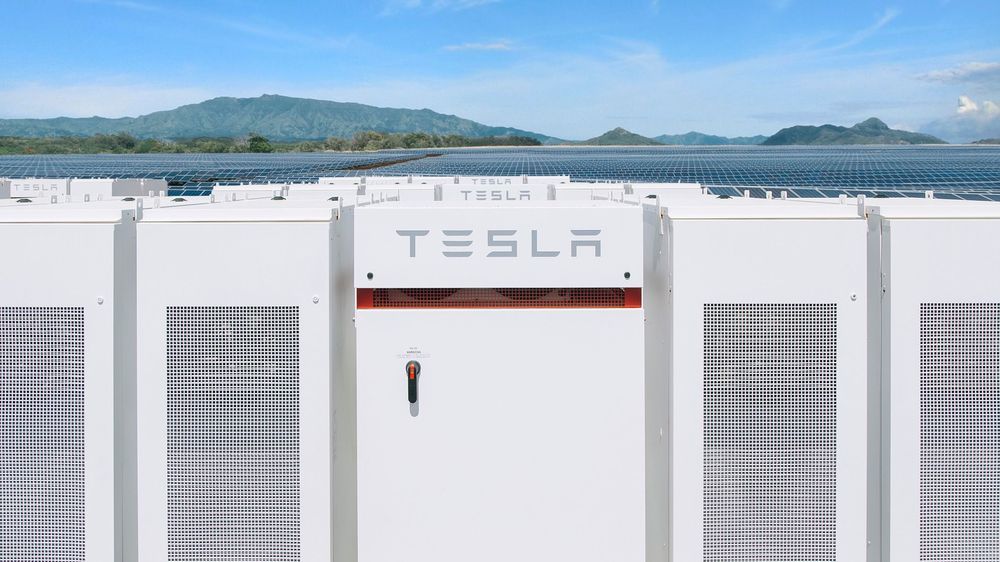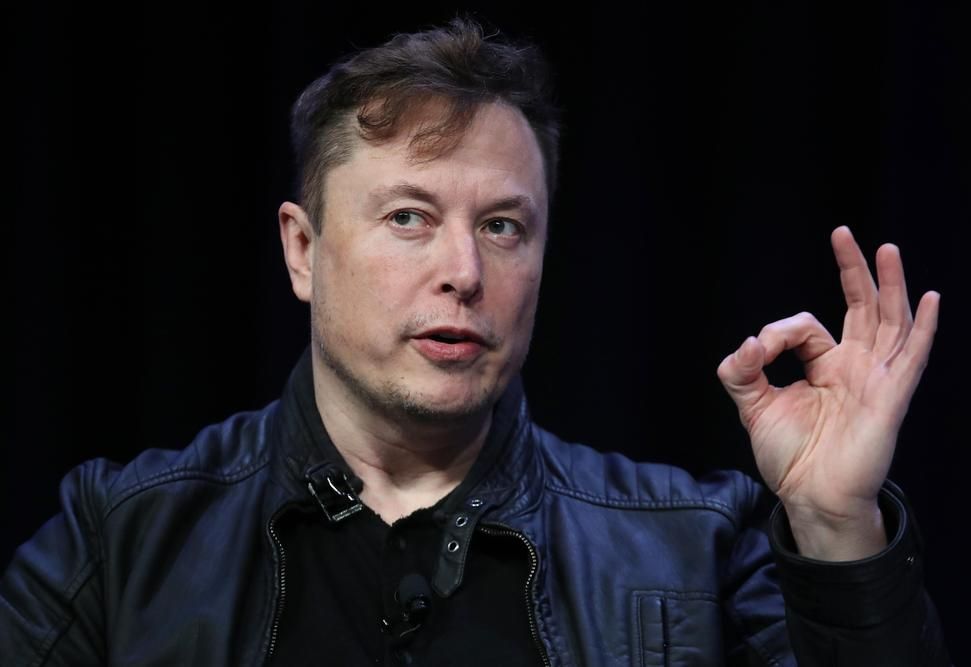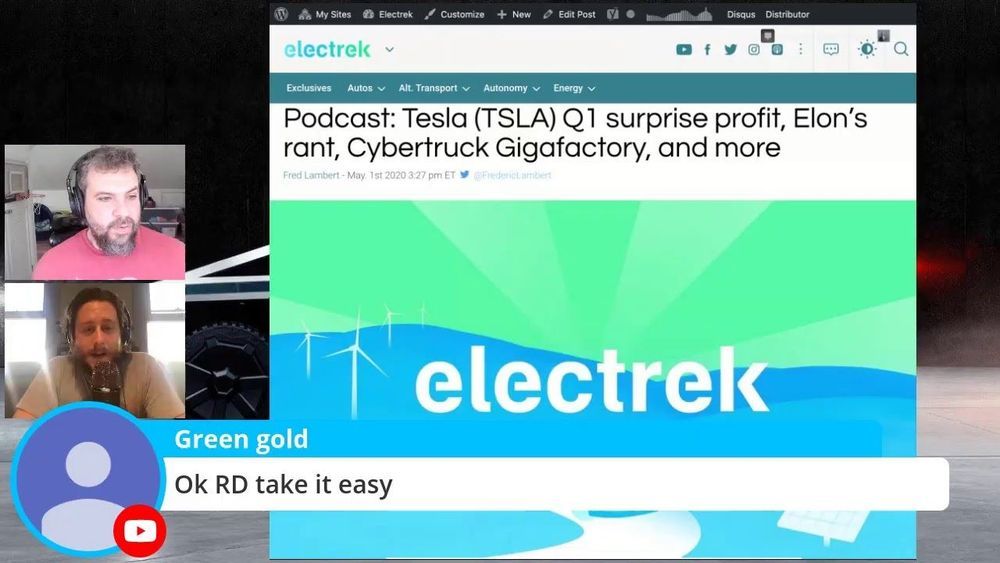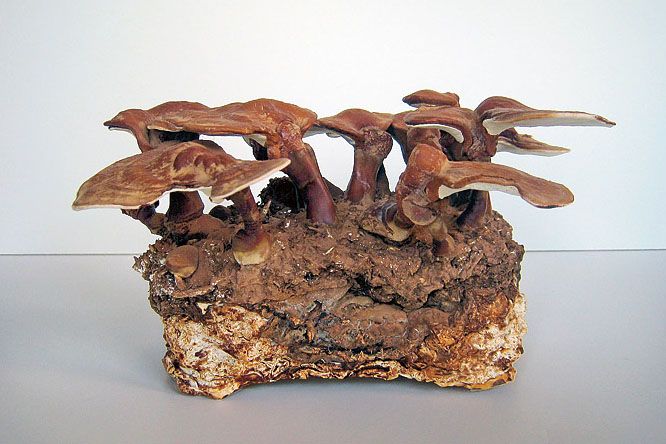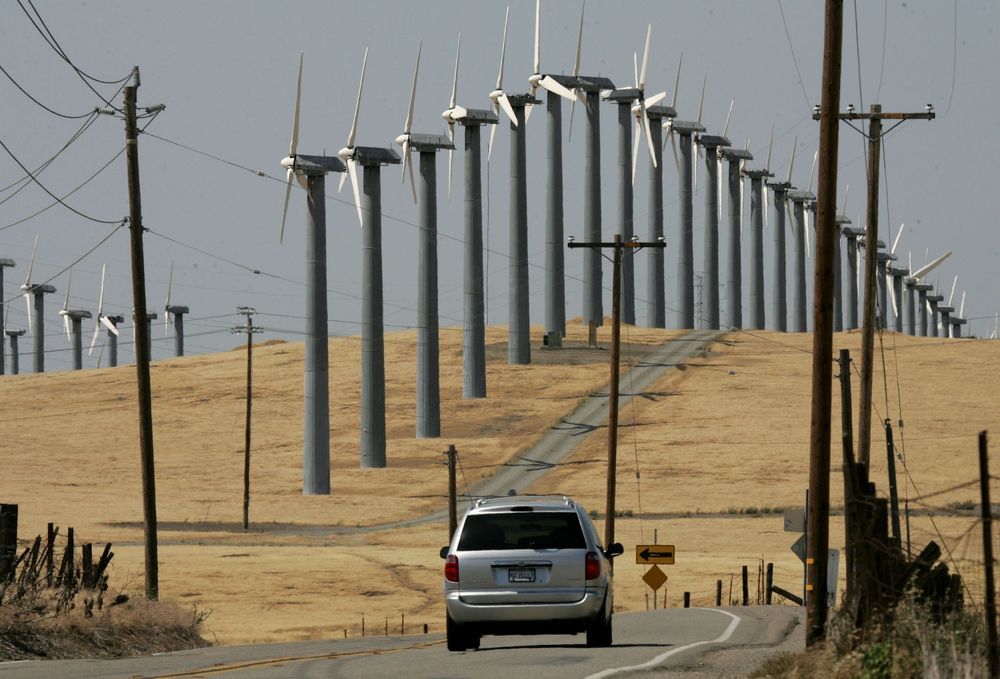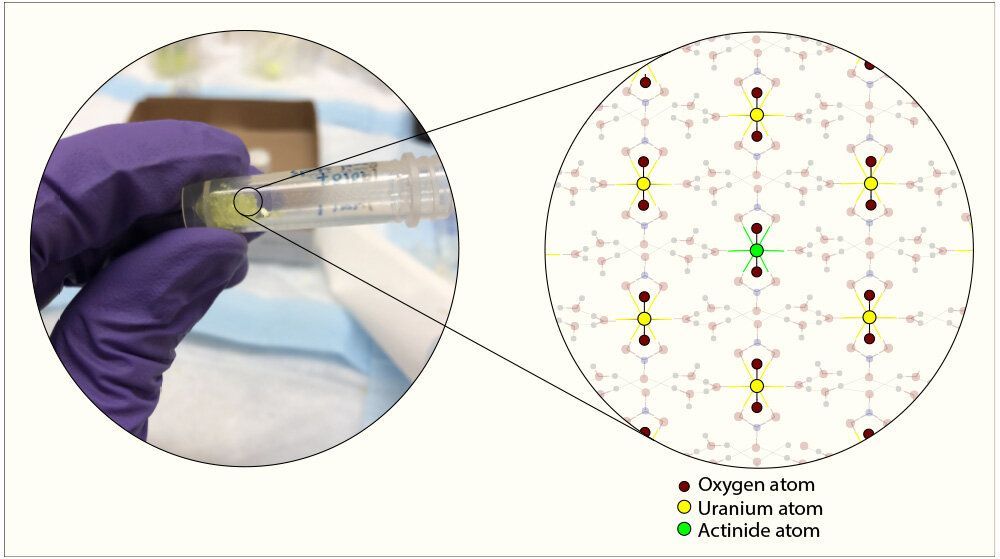
The largest oil field in the People’s Republic of China has been a target for individuals and organizations attempting to mine bitcoins with free electricity. After a bunch of mining farm operators allegedly got caught last summer, a dog kennel owner was recently busted for running cable lines in order to siphon free electricity from China’s Daqing Oil Field. The mining farm owner was arrested, as police found 54 ASIC miners stored in an underground bunker with dog kennels on top making it seem like a legitimate operation.
Electrical costs in China are cheaper than most places around the world, and that is why there is a high concentration of China-based bitcoin mining operations. To this day, it is estimated that more than 60% of today’s bitcoin miners operate in China. On April 26, the regional publication dbw.cn/heilongjiang published a report that explained a bitcoin miner was just arrested for allegedly stealing free electricity from the Daqing Oil Field. The report notes that the mining farm operator got away with the free electricity for months in order to power 54 mining rigs underground.
Further investigation shows that the mining farm owner also operated a K-9 kennel housed with dogs above the bunker. The cover made it seem like he was operating a legitimate business, while he had long cables running into China’s largest oil field. The oil field in Daqing is located between the Songhua river and Nen River. Estimates show that Daqing Oil Field has produced well over 10 billion barrels since the operation started. The man who was busted running cable lines into the oil field is not the only entrepreneur who has tried that specific method. Daqing Oil Field has been a target for many bitcoin mining operators who have attempted to run cables into the plant.
